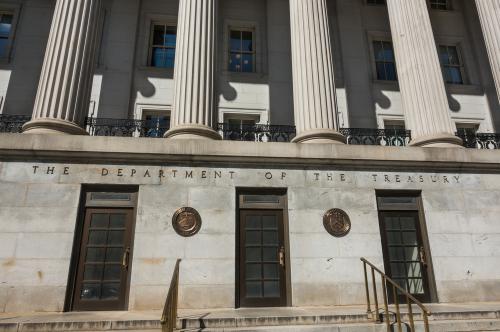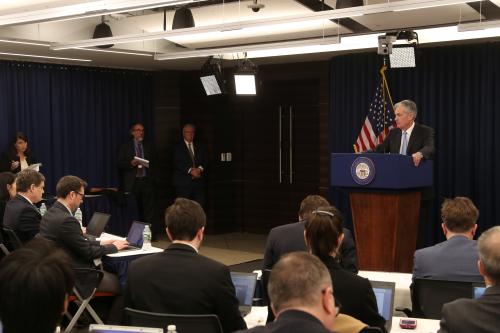Bernie Sanders was in Puerto Rico on Monday and Tuesday of this week to campaign ahead of the June 5 Democratic caucus (Puerto Rican residents won’t vote in the November election, but can participate in presidential primaries. The 2016 Republican primary occurred in Puerto Rico on March 6).
Speaking at a rally on Monday night, Sanders addressed the issue of Puerto Rico’s $70 billion in public debt, saying:
“Today, I am calling on the Fed to use its emergency authority under Section 13(3) of the Federal Reserve Act to pave the way for an orderly restructuring of Puerto Rico’s public debt. Under current law, the Federal Reserve has the authority, “in unusual and exigent circumstances,” to lend to “individuals, partnerships, and corporations” outside the banking system that are “unable to secure adequate credit accommodations from other banking institutions.
Washington bailed out Goldman Sachs and Wall Street from its bankruptcy. The people of Puerto Rico are more important than them. We must act now. During the 2008 financial crisis, the Federal Reserve used this authority to provide emergency loans to AIG and Bear Stearns. It should now use this authority to help the people of Puerto Rico.”
Following the comments, many have wondered if such debt restricting is really within the Fed’s authority. We asked two Brookings experts, former presidential advisor Barry Bosworth and former Vice Chair of the Federal Reserve Board of Governors Don Kohn. Here’s what they said:
Don Kohn
“I’m not an attorney, but my read is that the type of assistance Senator Sanders is asking the Fed to provide would not be legally possible under the revised section 13-3 of the FRA, and not what the Congress intended.
Among other things, that section requires that any facility be broadly based and not intended for a particular troubled borrower; and that it be for the purpose of providing liquidity to the financial system. For example: ‘Such policies and procedures shall be designed to ensure that any emergency lending program or facility is for the purpose of providing liquidity to the financial system, and not to aid a failing financial company…’ And later, ‘The Board shall establish procedures to prohibit borrowing from programs and facilities by borrowers that are insolvent.’
From a policy perspective, I believe this is a matter appropriately dealt with by the Congress, the administration, and Puerto Rico. It is not directly related to the national macroeconomic goals the Congress has given the Fed nor to its bank supervision or financial stability responsibilities.”
Barry Bosworth:
“First, it is not going to happen. Puerto Rico’s debt situation is not that unusual. Cities like Detroit are caught in the same situation and the Congress is concerned about setting a precedent for states and other cities who are also following dangerous fiscal policies with unsustainable debt accumulation (Chicago’s pension fund is but one example on the horizon).
Like Detroit, Puerto Rico needs to restructure its debt in the equivalent of a bankruptcy process. What does bailout mean? All the hedge funds that bought up the debt at discount prices would get 100% of face value? A bankruptcy court is the usual means of resolving these issues. Puerto Rico does not need another loan; it has too many already. Excessive borrowing created the financial problem, it cannot solve it.
Second, Puerto Rico’s fundamental problem is one of a stagnant or declining economy with no job opportunities. What would Sanders do to create economic opportunities on the island going forward? There needs to be incentives for new investment, particularly in infrastructure, and an economic strategy that could make the island an attractive place to do business and create jobs. The greatest challenge facing Puerto Rico is the lack of jobs and economic activity; not access to more credit.”
The Brookings Institution is committed to quality, independence, and impact.
We are supported by a diverse array of funders. In line with our values and policies, each Brookings publication represents the sole views of its author(s).




Commentary
Bernie Sanders called on the Fed to restructure Puerto Rico’s debt, but can it happen?
May 18, 2016